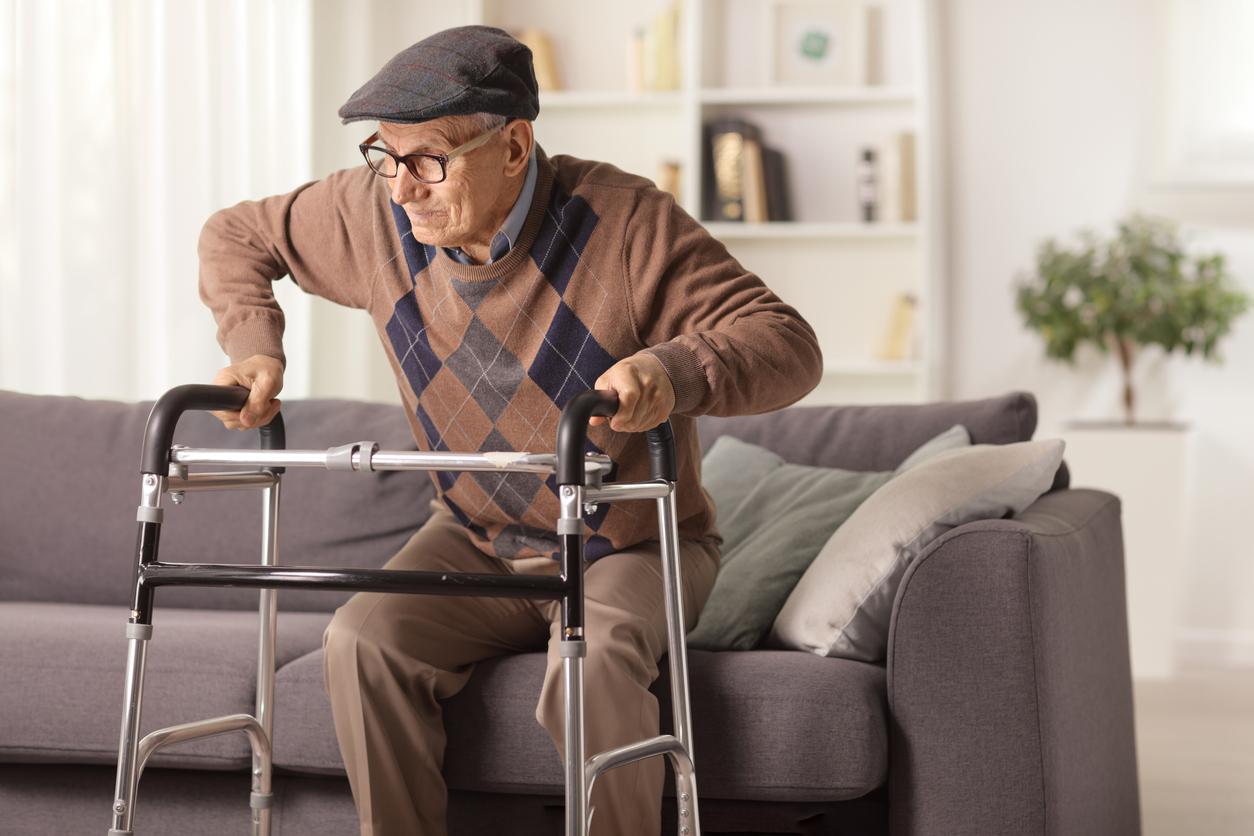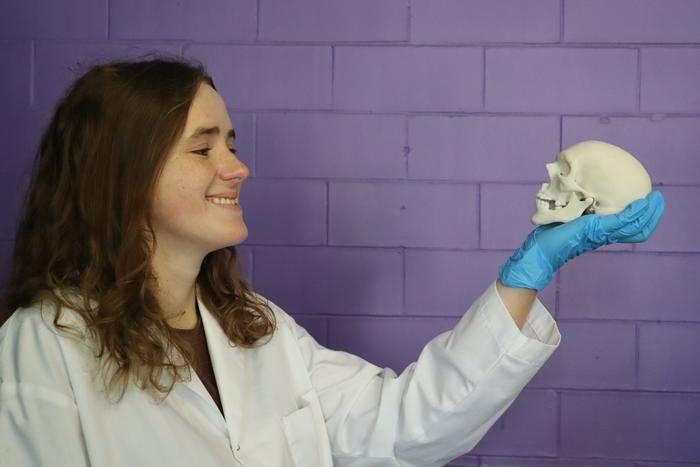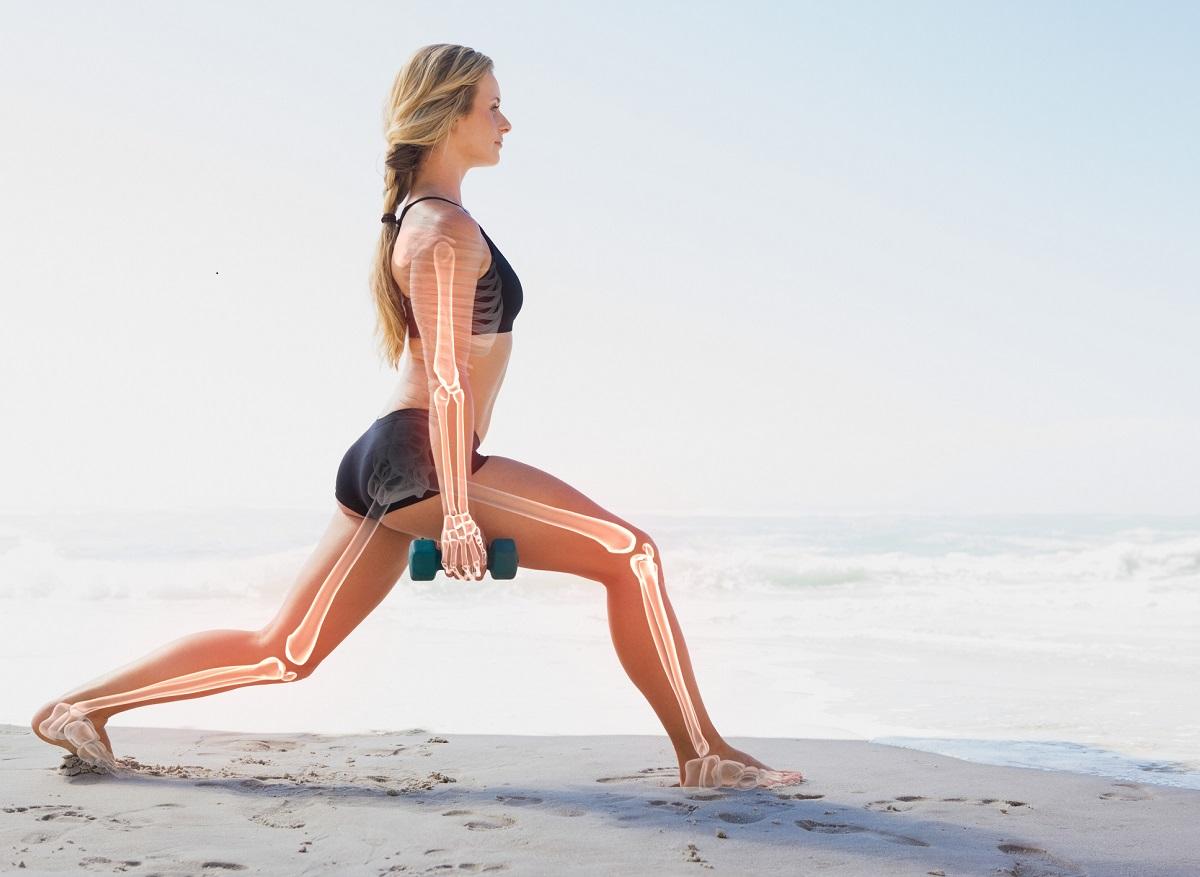Increasing your protein intake by 15%, compared to official recommendations, offers older people a higher bone mineral density and a reduced risk of vertebral fracture.

- Having a higher protein intake increases bone mineral density by up to 6%.
- Higher protein intake in seniors also improves their muscle health.
More protein for more bone strength. In a study published on March 3 in The Journals of Gerontology, US researchers from the Wake Forest University School of Medicine suggest that older people need a higher dietary protein intake than what is recommended. A 15% higher intake provides them with higher bone mineral density and a lower risk of vertebral fracture.
Up to 6% higher bone mineral density
The researchers assessed the protein intakes of 2,160 people aged 73 on average and studied their effects on their bone health. They measured bone mineral density before follow-up and 5 years after. 5-year fragility fractures were assessed from self-report data collected every 6 months. The results showed that participants who had a calorie intake at least 15% higher than the official recommendations, showed a bone mineral density of 1.8% to 6% higher. In addition, the risk of vertebral fracture is reduced.
More protein for better muscle health
These results confirm the need for seniors to have a higher protein intake. In June 2017, Canadian researchers from McGill University estimated, in a study published in theAmerican Journal of Clinical Nutrition, that people over 60 must consume protein at all three meals of the day to compensate for the decline in muscle mass that naturally occurs with age. Spreading the protein intake over several meals helps to better nourish the muscles and fight against the loss of autonomy and falls. This finding applies to both men and women.
.

















